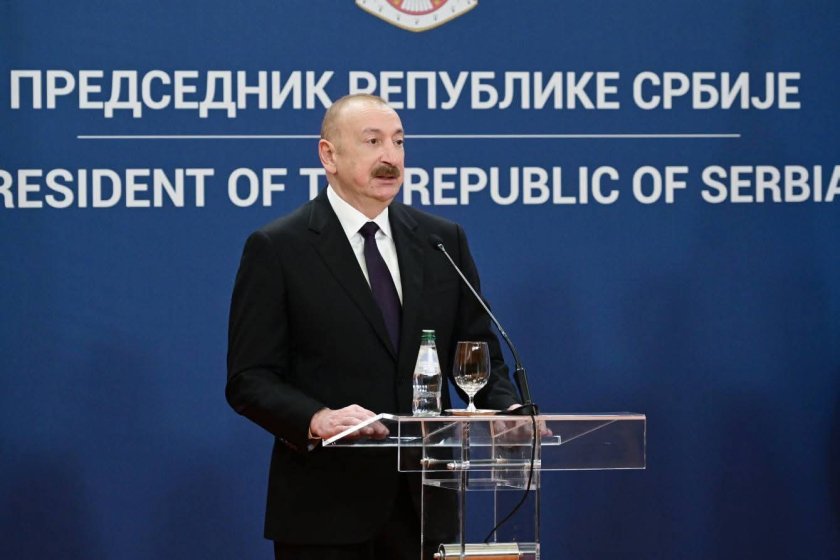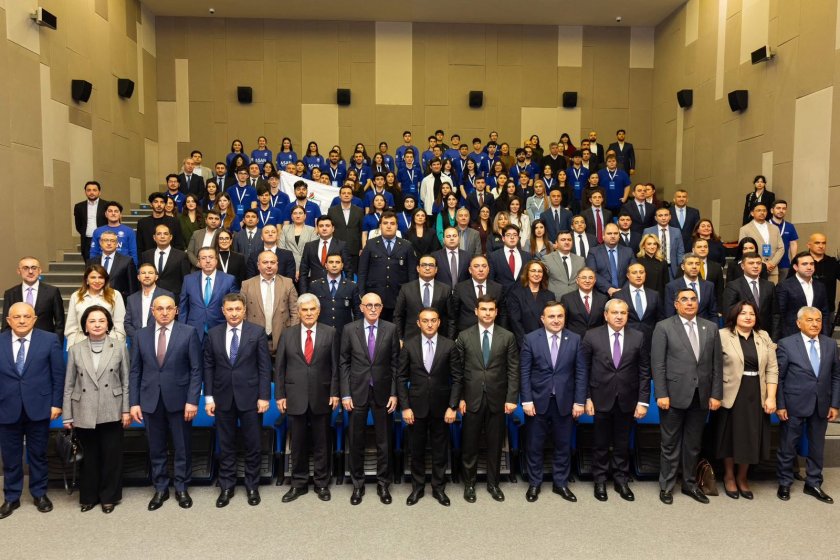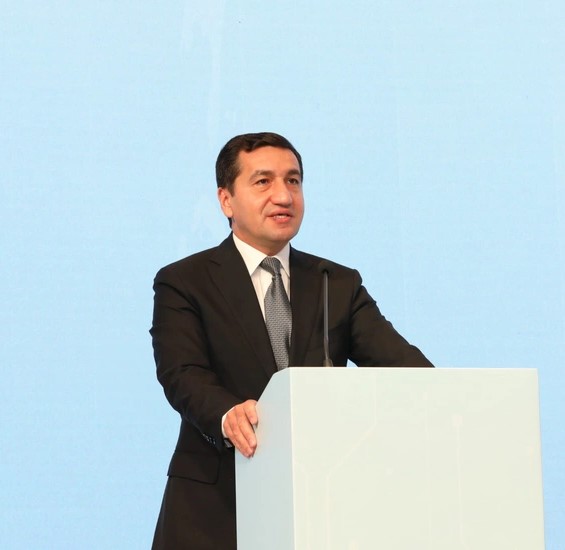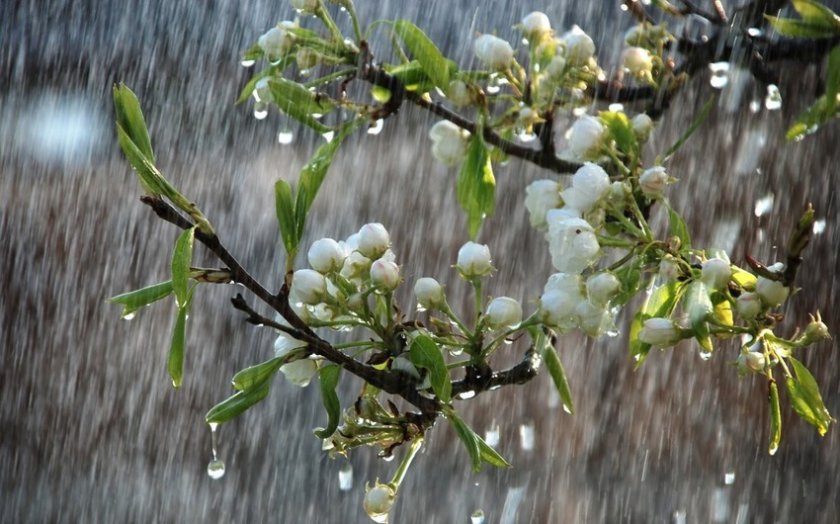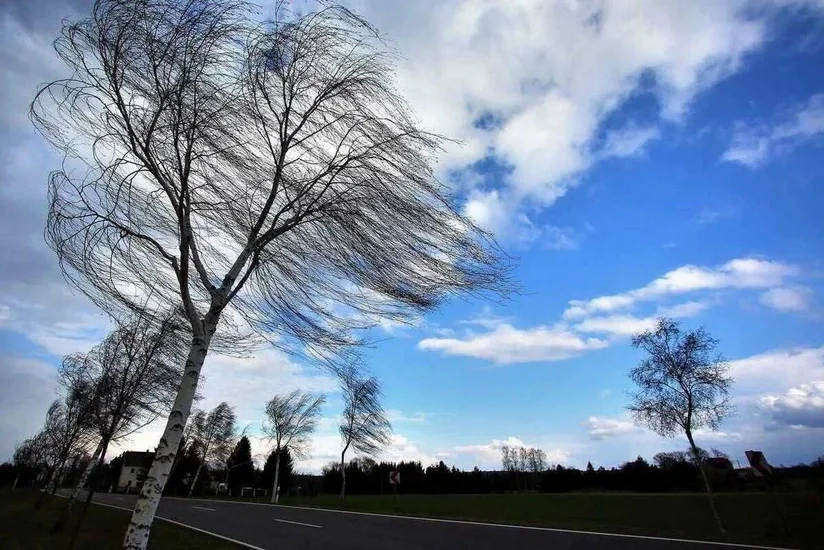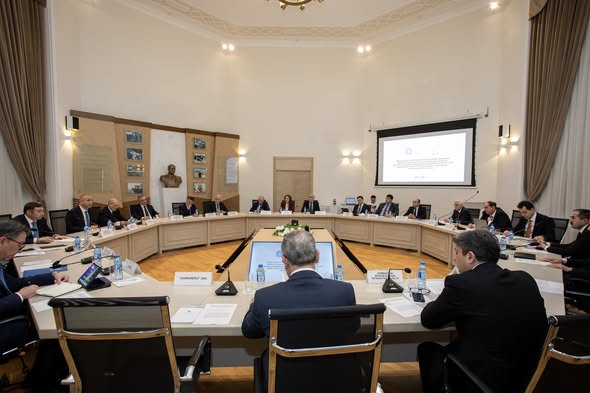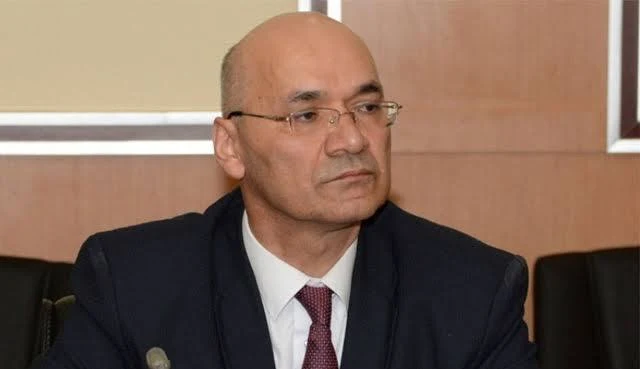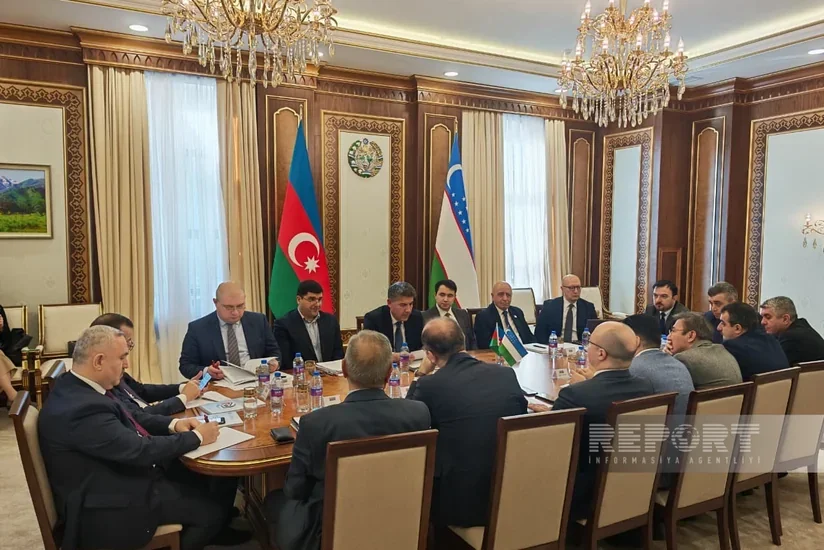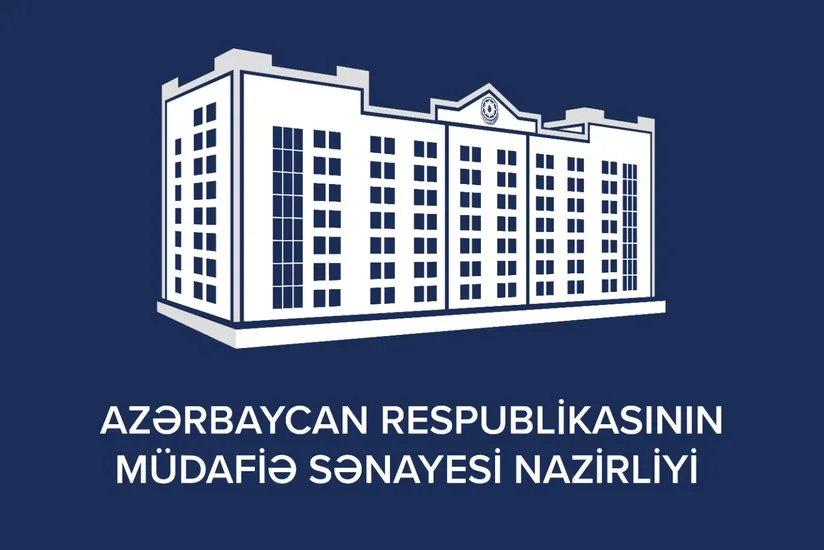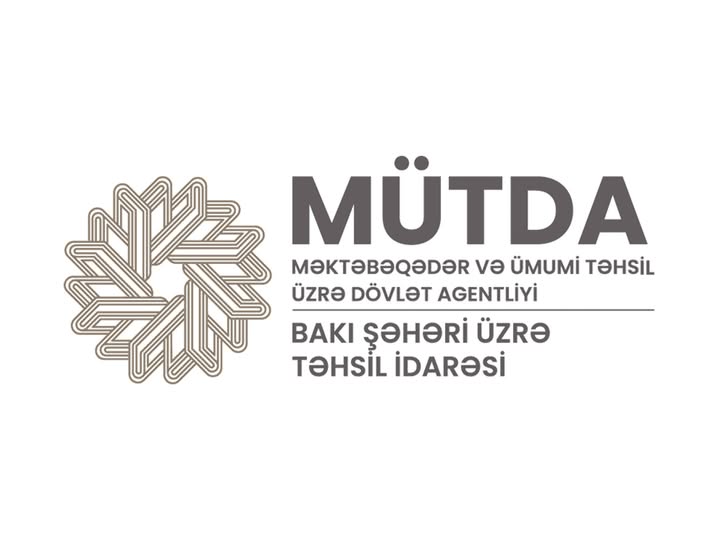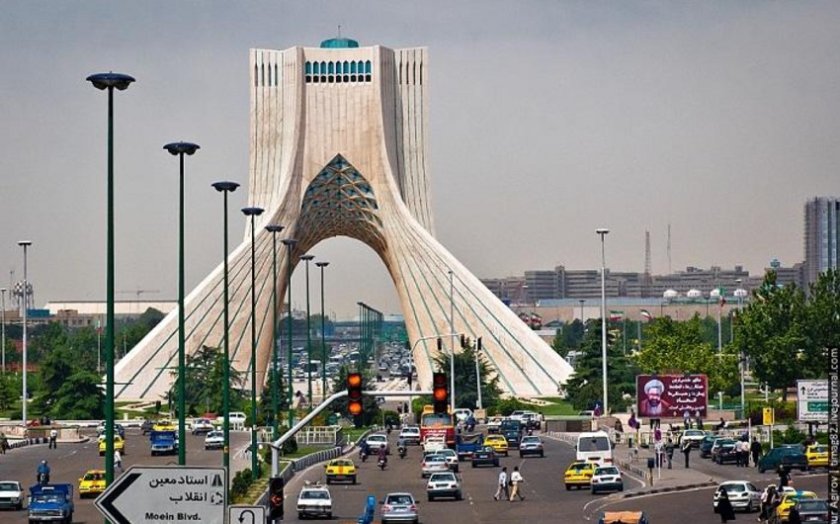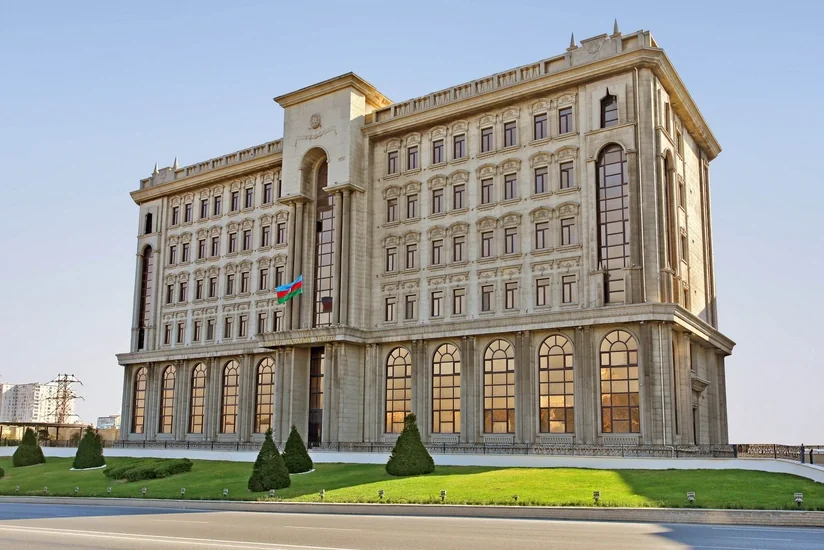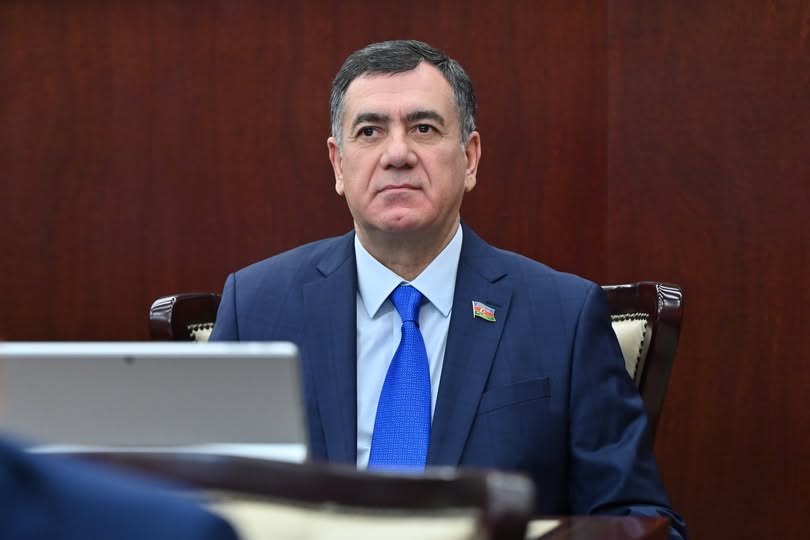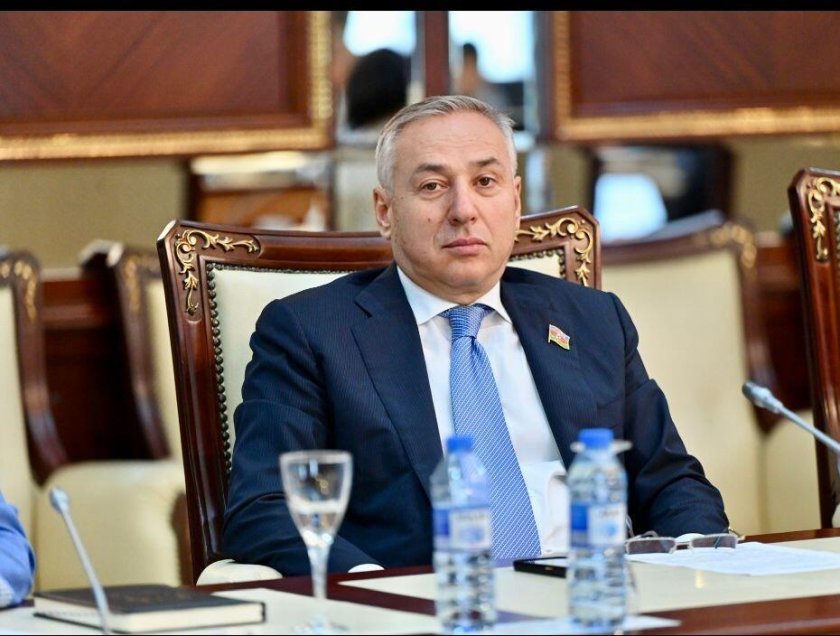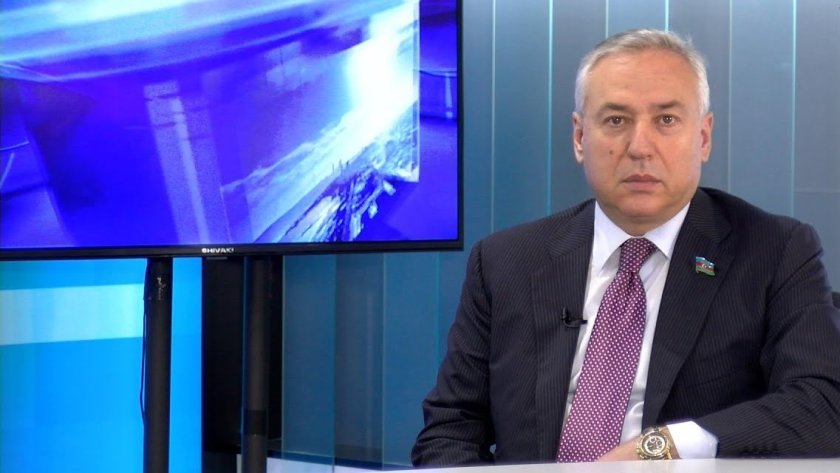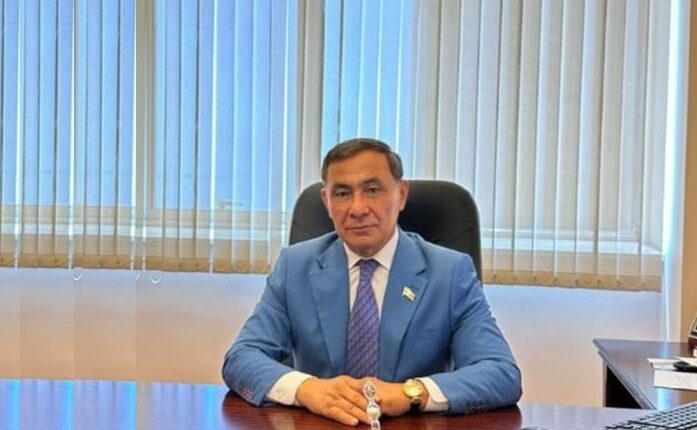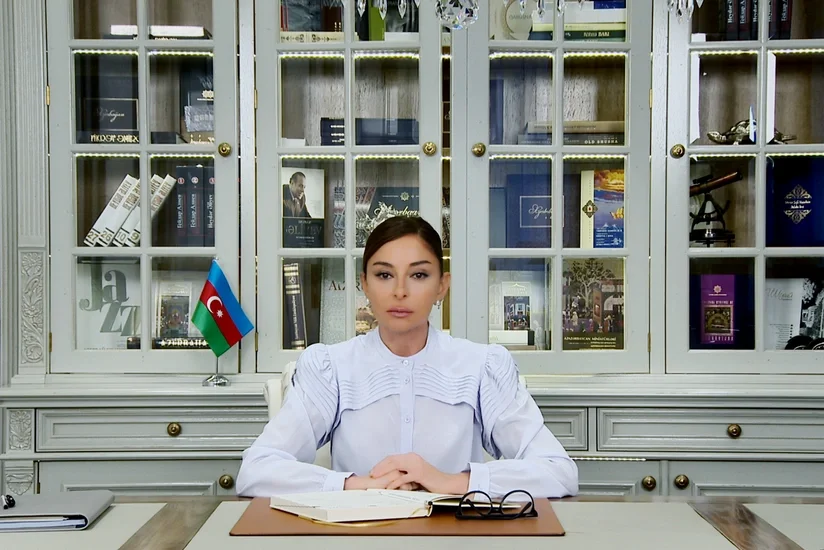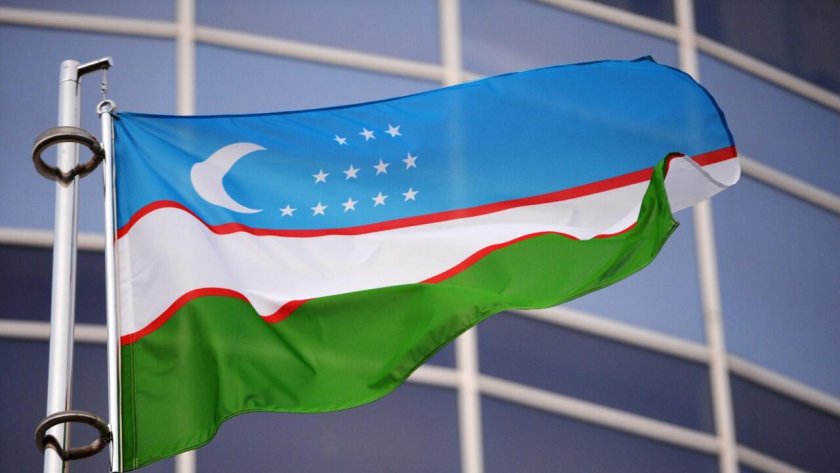
Global demand for water continues to grow, while its value and significance are increasing accordingly. Studies and analyses indicate that this trend is driven by a range of factors, including industrialization, rising temperatures caused by global climate change, the melting of glaciers, reduced precipitation, prolonged droughts, population growth, and the mounting demand for food products.
In this regard, the Organization of Turkic States considers regional cooperation essential in addressing current challenges of water scarcity and climate issues. The Organization is actively working to develop innovative solutions and measures aimed at strengthening resilience to drought and other environmental threats.
It also underscores the pivotal role of Turkic cooperation in promoting effective solutions and technologies in the water sector.
In his address at the Summit of the Heads of State of the Organization of Turkic States held in Kazakhstan, President of the Republic of Uzbekistan Shavkat Mirziyoyev emphasized that humanity is suffering severely from various challenges caused by climate change, and that this situation requires the implementation of urgent measures..
The President of Uzbekistan also highlighted the increasingly acute problems of climate change in his speech at the General Debate of the 80th Session of the United Nations General Assembly on September 23 of this year.
Drawing attention to the issue of water scarcity, he announced Uzbekistan’s intention to host a World Forum on Water Conservation. He noted that the outcome of this forum is expected to include recognition of the water crisis as a serious threat to sustainable development.
Uzbekistan has been actively cooperating with a number of international organizations in addressing water-related challenges. The country is a member of such organizations as the Islamic Network on Water Resources Development and Management under the Organization of Islamic Cooperation, the International Commission on Irrigation and Drainage, the World Water Council, and the International Commission on Large Dams, and it has been taking an active part in their international activities.
Uzbekistan is also consistently developing multifaceted cooperation with the Central Asian countries on water issues — both within the framework of the International Fund for Saving the Aral Sea and the Interstate Commission for Water Coordination, as well as through bilateral intergovernmental working groups on water use.
As a result of the wise policies and efforts of the Head of State, friendly and trustworthy relations established with neighboring countries have laid a solid foundation for the joint use of transboundary water resources in Central Asia. Owing to cooperation and agreements reached with Kazakhstan, Tajikistan, Kyrgyzstan, and Turkmenistan, notable progress has been achieved in improving water supply levels in the Syr Darya and Amu Darya basins.
At the same time, Uzbekistan has also undertaken serious efforts in domestic policy to address the challenges of water resources. In July of this year, the Program for Water Resources Management and Development of the Irrigation Sector of the Republic of Uzbekistan for 2025–2028 was approved, which sets out the main target indicators.
In particular, it envisages: the reconstruction of 2,551 kilometers of irrigation networks; the allocation of at least 1.3 trillion Uzbek soums annually from the State budget for these purposes, as well as the utilization of 300 million US dollars from international financial institutions;
the replacement of 562 outdated pumps and 578 electric motors under the balance sheet of the Ministry of Water Resources with modern energy-efficient ones, reducing their annual electricity consumption from 6.8 billion kWh to 6.2 billion kWh
the reduction of irrigated lands with a low level of water supply from 424 thousand hectares to 276 thousand hectares; and, in 2025, the implementation on a pilot basis of projects to install alternative energy sources and energy-efficient equipment at 15 pumping stations within the system of the Ministry of Water Resources.
The program envisages increasing the area covered by water-saving technologies from 2.1 million hectares to 3.5 million hectares, including the expansion of drip irrigation systems from 560 thousand hectares to 853 thousand hectares.
As of October 1 of this year, a total of 2.6 million hectares across the country have been equipped with water-saving technologies, raising their overall share to 60 percent of irrigated lands.
In irrigation facilities, funds amounting to 1,072.4 billion Uzbek soums have been utilized, resulting in the construction and reconstruction of 515.1 kilometers of canals, 24.8 kilometers of flume networks, 29 hydraulic structures, 53.5 kilometers of irrigation networks, pumping stations with a total water discharge capacity of 34.4 cubic meters per second, 43.1 kilometers of closed irrigation systems, 3.4 kilometers of pressure pipelines, and 45 irrigation wells.
In reclamation facilities, funds in the amount of 88.7 billion Uzbek soums were utilized, resulting in the construction and reconstruction of 192.7 kilometers of open collectors, 93.4 kilometers of closed horizontal drainage networks, 19 hydraulic structures, 40 vertical drainage wells, and 46 observation wells.
Through the State Enterprise “Water Delivery Service”, 4.4 thousand kilometers of networks were lined with concrete, while clusters and farms concreted 19.4 thousand kilometers of internal irrigation networks.
During the current irrigation season, from April 1 to October 1, 2025, a total of 29 billion 151 million cubic meters of water was delivered for irrigation purposes across the country. The Ministry has set a target of saving 10 billion cubic meters of water in 2025, and within the past 9 months, savings of 8 billion cubic meters have already been achieved through the following measures:
2 billion 767 million cubic meters through improved water management at water facilities and the implementation of additional agrotechnical measures;
2 billion 328 million cubic meters through the introduction of water-saving irrigation technologies;
2 billion 384 million cubic meters through repair, rehabilitation, and reconstruction measures in irrigation networks;
520 million cubic meters through the introduction of information, communication, and digital technologies in the water sector.
The overall objective of the program is one — to provide our people with water and to create the necessary conditions for our farmers. As a result of the measures undertaken, it is planned to save 12 billion cubic meters of water in 2026, 13 billion cubic meters in 2027, and 14 billion cubic meters in 2028.
In this way, the reduction of water resources caused by climate change and other factors will be offset. The water saved will be directed towards the cultivation of secondary crops and the production of food products.
Jahongir Abdurazzokov,
Head of the Department for Transboundary Water Resources Management, Ministry of Water Resources.



